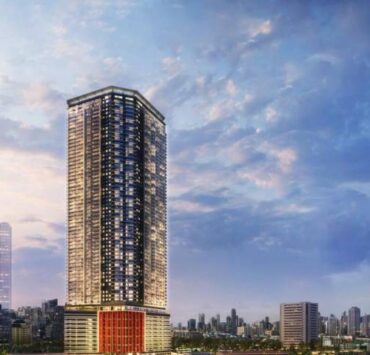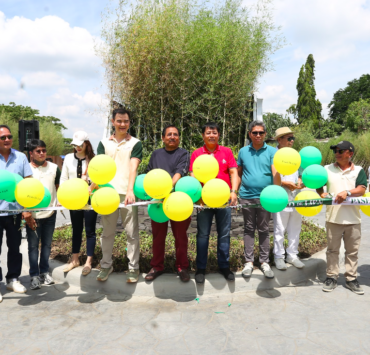Capitalizing on capital gains and other pro-property reform bills

The Department of Finance (DOF) withdrew last month the proposal to hike capital gains tax.
The proposal was to increase rates for capital gains, donor, and estate tax to 10 percent from 6 percent. This will have a sunset provision of five years, meaning it would revert back to 6 percent by 2030 unless extended by Congress.
According to Finance Secretary Ralph Recto, the government is well on track to meeting its fiscal consolidation goals. He also noted that tax hikes were only intended as a buffer for higher government spending during times of crisis to provide the government with fiscal space in the worst case scenario.
Potential impact on property
In our view, the decision to drop the proposal is a step in the right direction.
The Philippine property sector, at this point, needs some reprieve. Raising capital gains tax might impede the residential market’s recovery postpandemic as it will make properties less affordable.
Due to higher costs in disposing assets, sellers will likely increase the price of the properties to shield them from higher tax. This will reduce affordability of residential units particularly for economic to lower mid-income units, which cater to the middle-income family groups.
It might also affect investment sentiment and impede real estate transactions. If properties are less affordable, there would be a reduced buyer appetite. This will also have an adverse effect on investors’ sentiment as they will be discouraged to sell a property due to higher taxes and less capital gain, resulting in less real estate transactions in the market.
Less transactions do not bode well in public and private sectors’ efforts to benchmark properties for sale and this might derail the government’s efforts to establish greater transparency in the local real estate market.
Higher capital gains tax might also worsen oversupply even in the secondary market.
Buyers and investors will now look for other investment options since there are no significant gains from buying ready-for-occupancy (RFO) units that can eventually be flipped or resold due to higher taxes and elevated prices. This will likely worsen the oversupply situation in the secondary market, which stood at almost 25 percent as of end of Q1 2025.
What should be prioritized?
Perhaps our lawmakers should seriously consider passing more urgent measures including the National Land Use bill, which establishes a comprehensive national land use policy that will guide the allocation, utilization, management, and development of land resources across the country.
Another key reform measure is the bill liberalizing the lease of private land by foreign investors. The proposed bill, once enacted, would encourage foreign investment through a flexible and dynamic long term lease system for private land, allowing up to 99 year lease durations from the current 50 plus 25 years.
According to the bill’s principal authors, the measure is essential in supporting the use of leased land for industrial estates, commercial developments, tourism, agriculture, agro-forestry, and ecological conservation.
Other crucial measures
There’s also the Condominium Redevelopment Act, which streamlines the voting process for the voluntary dissolution of condominium corporations, allowing easier and faster redevelopment of aging or unsafe buildings.
The proposed Capital Markets Efficiency Promotion Act pushes for the promotion of the Philippine capital markets by introducing a simpler, fairer, and more efficient tax system for passive income. It emphasizes tax equity across similar financial products.
Another crucial measure is the Right of Way Act amendments, which propose to streamline right-of-way acquisition procedures and minimize bottlenecks that hinder project implementation.
Other key provisions include the fair and timely compensation to property owners affected by the construction of public infrastructure projects. The bill further stipulates that the Department of Human Settlements and Urban Development (DHSUD) must ensure that resettlement issues are adequately addressed. The proposed bill will definitely play a role in expediting the construction and implementation of big-ticket infrastructure projects that are likely to raise land and property values and stoke appetite for residential projects.
It’s obvious that there are more pending measures that should be prioritized which will also reinvigorate Philippine property.
Prior to joining Colliers in March 2016, Joey worked as a Research Manager for a research and consutancy firm where he handled business, political, and macroeconomic analysis. He took part in a number of consultancy projects with multilateral agencies and provided research support and policy recommendations to key government officials and top executives of MNCs in the Philippines.


















